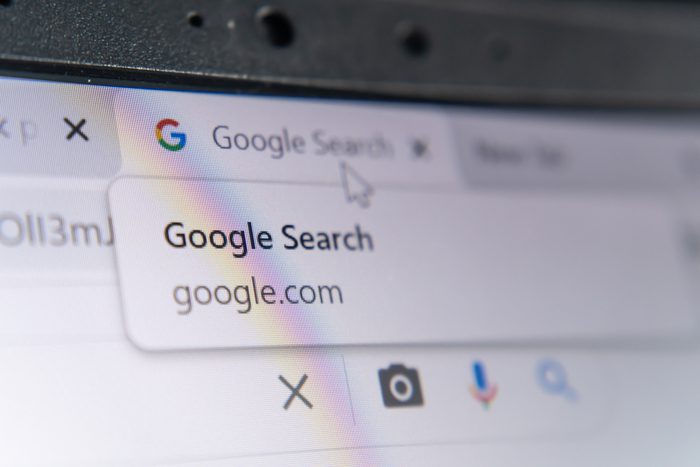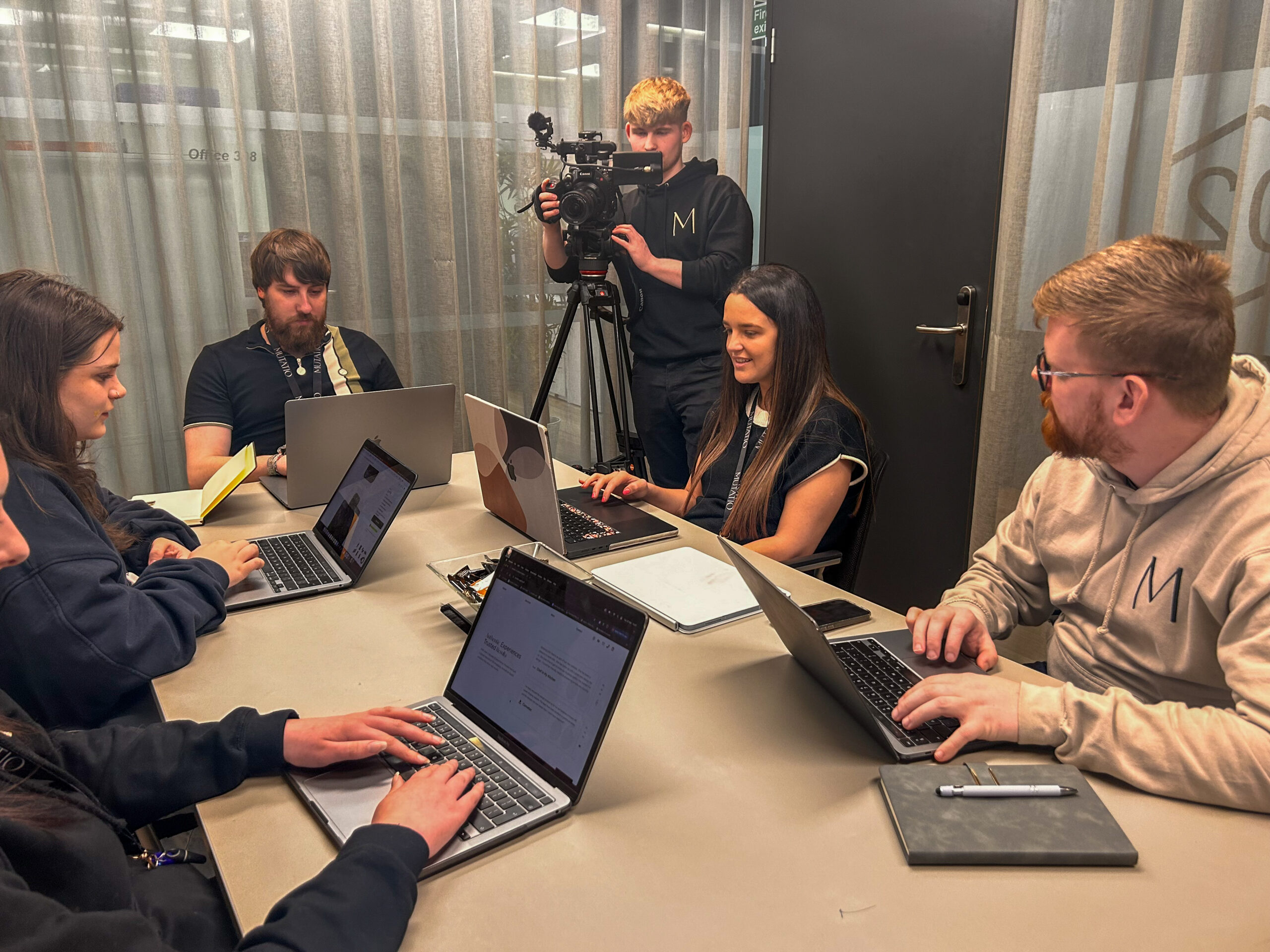
When To Optimise & When To Pay (SEO vs PPC)
Every business operates on a system of supply and demand. In the digital age, you can very easily gauge the demand by how many people are searching for your products or services. These days, if someone wants something there is a single universal place everyone will turn to, no matter the industry. This place is Google, and it’s imperative to ensure that searchers can find your business when they are searching for what you’re selling. This can be achieved by two methods of search engine marketing.
SEO, or Search Engine Optimisation, is all about getting your website to rank high in the search results page for the organic listings (the websites without the “Ad” label)
PPC, or Pay Per Click advertising, is a quick-fire way of getting your website on the first page of search results – but you’ll be paying for every click and your snippet will have an “Ad” label.
So there’s two methods of targeting search traffic: optimising and paying. Which one should you do? In this blog, we will highlight why and when you should be optimising or paying for your search traffic.
Why You Should Optimise
Even if you’re not trying to gain new traffic, you should always be looking to optimise your website. Today, SEO isn’t just about pleasing the search engines, it’s also massively about user experience. Optimising your website in 2021 includes improving the website speed, providing a safe experience (HTTPS/SSL) and having an accessible, responsive design.
In terms of the traffic, research shows that a massive majority of clicks on the SERP go to the organic listings over the paid adverts. This is simply due to human nature on the SERPs: people don’t want to browse pages that are clearly there to sell them something – even if they’re actually looking to buy what is being advertised. No one likes salespeople, and no one likes paid adverts just the same! Organic listings are presented as deserving – as if they’ve earned their way to the first page, whereas paid listings are clearly annotated as “we’re only showing this here because they paid us to.”
When To Optimise
As I stated in the previous point, you should always be optimising your website! But if you need an actual answer, SEO is for the long-term. You need to understand that no matter how much work is completed in a short length of time, SEO will always be a patient persons game. In fact, case studies show that a brand new website can take at least half a year or even more before it starts gaining traction in the search results!
So if you’re just adding a new Black Friday landing page to your eCommerce website 7 days before Black Friday, you’ll probably won’t see much traffic from Google landing directly on your page.
Why You Should Pay
PPC advertising will quickly catapult your website to the very top of the search results. In fact, Google will normally show around 4 paid ad snippets before any organic listings – so your snippets will have greater visibility than the organic results.
However, all that exposure comes at a price (literally), because you will be paying every time someone clicks on your advert. Hence the name, Pay Per Click.
There are various different methods you can use to limit your exposure and expenditure. Within Google Ads, there are a variety of bidding options you can choose such as targeting a cost per conversion, maximizing clicks, maximizing conversions – or if you prefer the classic methods, manual CPC and enhanced CPC bidding methods are still available!
As well as the bidding methods, you can also limit your advert exposure depending on a huge range of factors – such as the user’s age, gender, audience (assigned by Google depending on their previous searches/cookies), time of day, day of the week, device, location and more! All of these factors can be included as bid adjustments, so to use some examples, you can completely eliminate mobile users from seeing your adverts, or you can decide to bid 25% more on each click coming from Manchester.
When You Should Pay
PPC advertising is best for marketing events that require quick and controlled exposure on the search results. Using the previous example: Black Friday. This is a short period of time in which shoppers go crazy for online deals and discounts – if you sell products online, you’re probably doing some special deals for this. The best way to get your deals out there to new Black Friday customers is by running a Google Ads campaign to push your products and website to the top of the search results during the Black Friday event.
Outside of advertising for specific events, PPC advertising is best suited for businesses or websites that require the user to take an immediate action. For example, if you’ve broken down on the motorway and don’t have a breakdown plan, you might search Google for a breakdown recovery service. You aren’t going to be too fussed on which company you pick, you’ll probably click on the first website you see (an advert) and look for the phone number to call (the conversion.) This urgency is great for PPC advertisers as each click is far more likely to convert compared to a business where consumers may be more inclined to research their options before choosing to convert.
You can learn more about driving conversions through urgency marketing over here.
Conclusion
So there we have it – a nice little guide on why and when you should either optimise or pay for search traffic. To conclude on what we discussed:
- SEO is long term and can take a long time to see results.
- SEO is best for growing your website over a long period of time and for more permanent results.
- PPC is more of a short term solution as paying for each click will not be a suitable long term plan.
- PPC is best for quickly increasing search traffic for time-sensitive events, or for businesses where customers are in a sense of urgency.




